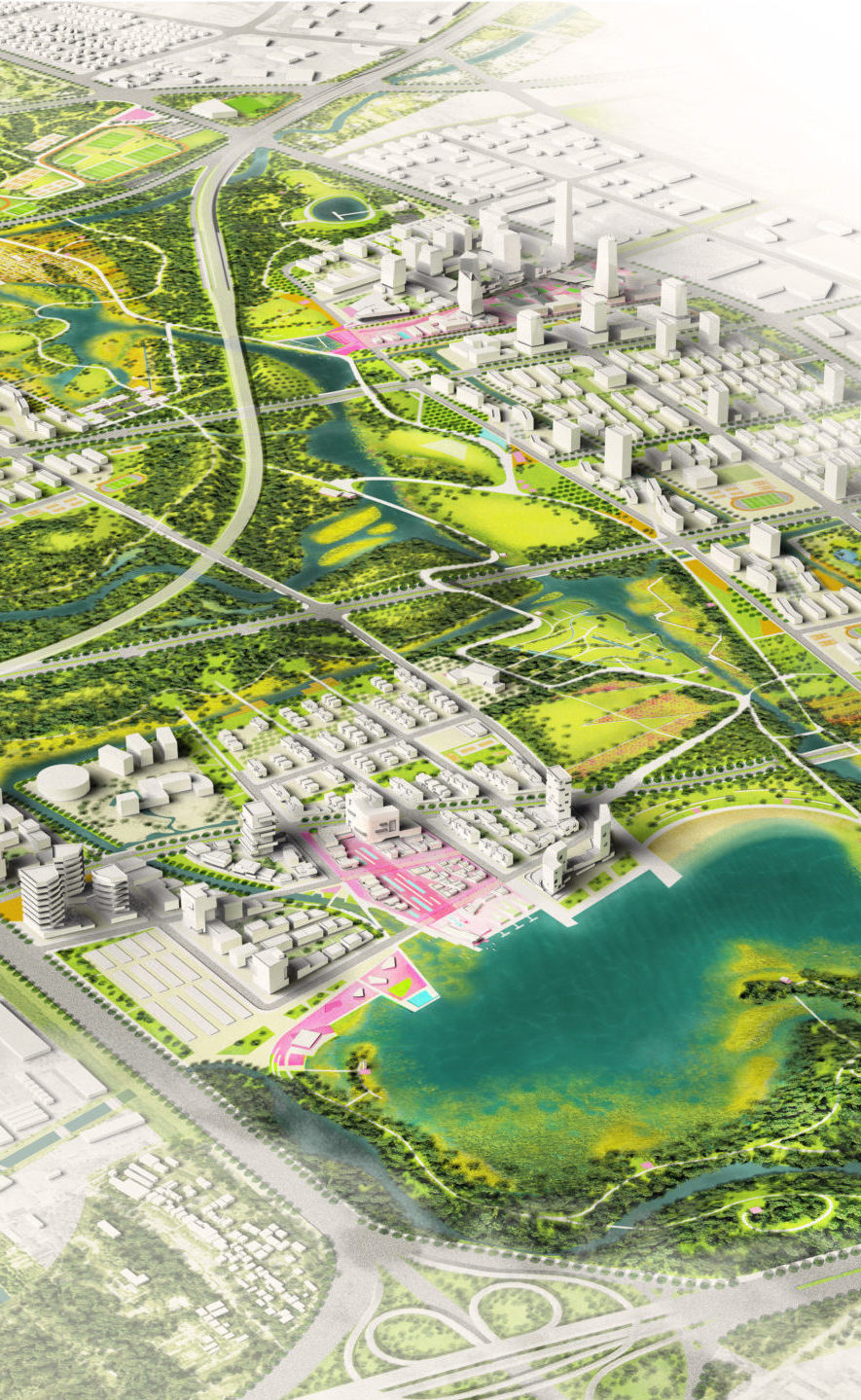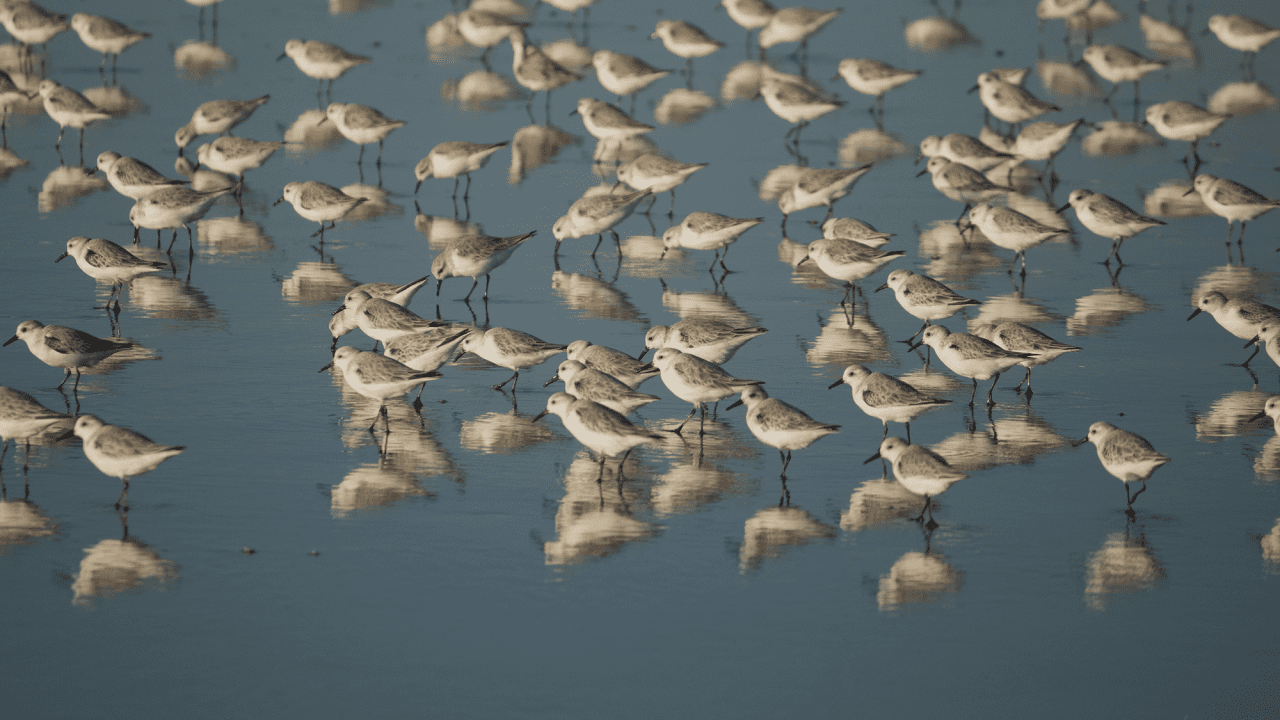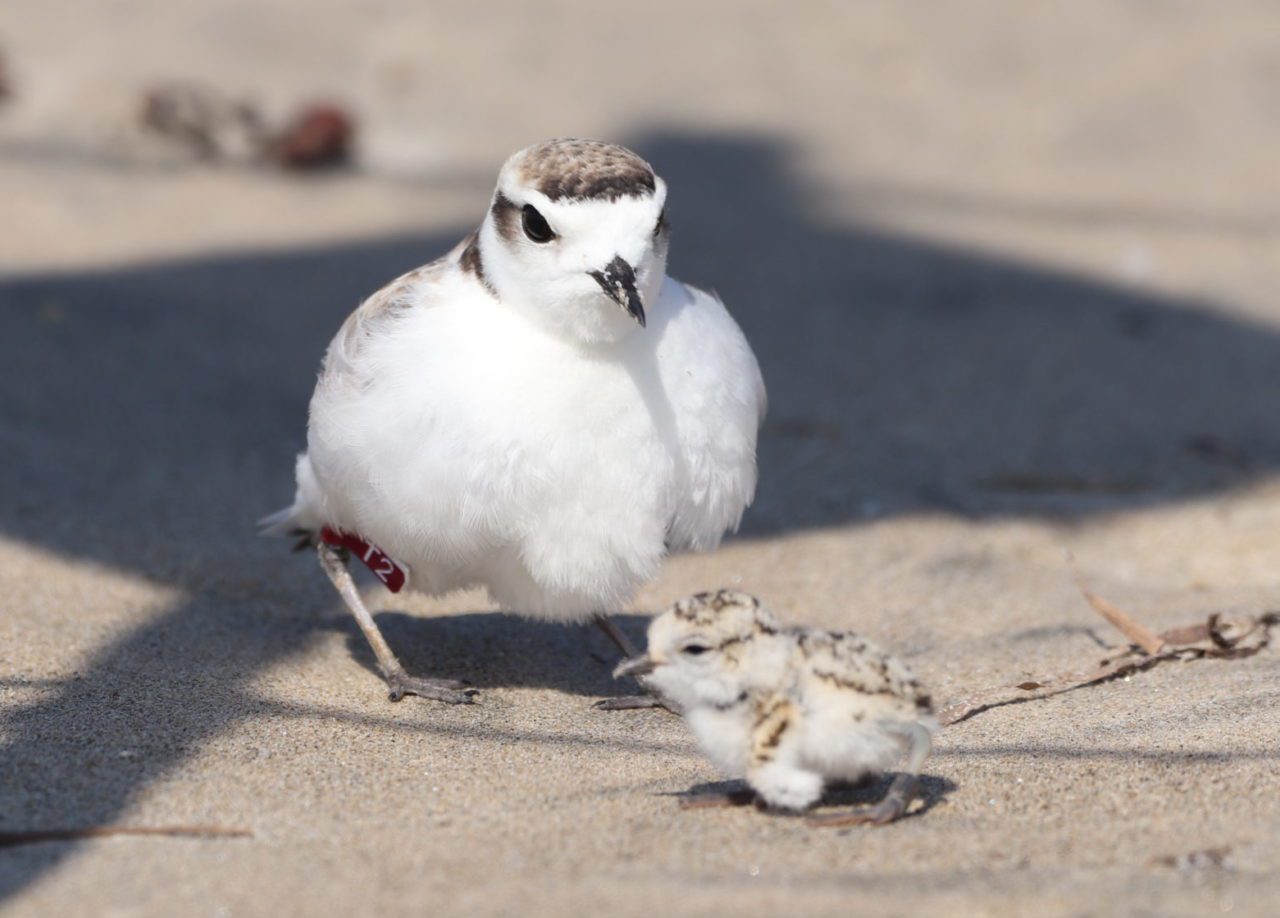Thank you for submitting your proposal!
Call for Applications
The Coastal Solutions Fellows Program at the Cornell Lab of Ornithology is looking for exceptional candidates that excel in understanding multiple disciplines and sectors to design and implement solutions that improve the coastal resiliency along the Pacific Coast of Latin America.
The proposed projects should include the following characteristics:
- Are focused on priority sites along the Migratory American Pacific Flyway, as defined in the Pacific Americas Shorebird Conservation Strategy.
- Are focused on our conservation targets: Shorebirds and Coastal Ecosystems.
- Are evidence based and incorporate the best available science.
- Include resources and understanding of different disciplines, particularly architecture, engineering and natural sciences.
- Undertake priority threats for shorebirds and coastal ecosystems, in particular:
- Non sustainable land use changes in wetlands and coastal zones.
- Coastal human disturbance.
- Propose the application of a concrete and effective solution with measurable impacts to solve a priority threat, taking advantage of available resources and opportunities.
- Include mechanisms that guarantee the participation of different sectors (academic, non-governmental, private and government agencies).
- Incorporate governance strategies that will secure the feasibility of the project.
- Considers strategies for the long-term continuity of the project.
- Benefit from existing opportunities, synergies and conservation plans specific to the region.
- Contribute to the professional development and goals of the fellow.
Eligibility Requirements for Candidates
We are looking for exceptional candidates who are motivated to work across sectors and disciplines to develop new approaches for sustainable development and the conservation of coastal ecosystems along the Pacific Coast of Latin America.
The eligibility requirements for candidates are:
- Exceptional leadership skills and passion for the conservation of coastal ecosystems.
- Citizen of a Latin American country.
- Early-career professional, with less than 10 years of experience.
- Have a completed undergraduate degree. Priority will be given to candidates with a completed graduate degree.
- Based at an institution (NGO, public, private or academic) with a focus on planning, science, conservation, development, architecture or engineering.
- Open for graduate students, post-doctoral researchers, and early-career faculty based at universities and research institutions as well.
- Target disciplines are: biology, ecology, natural resource management, environmental sciences, environmental engineering, sociology, economy, environmental law, civil engineering, architecture and landscape architecture.
- Must have at least an intermediate level of English (written and oral).
The Fellowship
The two-year fellowship includes a USD $80,000 cash award for stipend support, project development, and effective conservation training opportunities. The Program also includes two required retreats with training on topics of coastal zone governance, conservation planning, monitoring and evaluation, leadership and strategic communications, as well as a series of seminars and on-line courses with experts from a diversity of fields and sectors, promoting peer-to-peer learning and collaborations along the continent.
Each fellow will select a strong multidisciplinary team that consist of a mentor and cross-sectoral collaborators. Mentors will provide guidance and support during the fellowship tenure, while cross-sector collaborators will contribute different strategies and tools for achieving desired project outcomes. Fellows can also allocate funds to cover activities such as traveling abroad for professional development.
Once the fellowship is completed, the senior fellow can continue to be a central part of the program and will have the opportunity to become a mentor, collaborator or a member of the Technical Committee of the Program. Senior fellows will also be eligible for collaboration grants to continue working on creative coastal solutions with other fellows with projects along the Pacific Coast of Latin America.
Benefits for Fellows

$80,000 USD over 2 years
The $80,000 USD budget is flexible with the only constraint being that some categories have a maximum amount permitted. This flexibility will allow applicants to meet their financial needs, leverage other funding sources, and create a custom budget for their proposed project. There is no limit on the amount that can be allocated towards project funds.
Stipend: Maximum of $25,000 dollars per year.
Project funds: No limit, but the total budget can not exceed the $80,000 dollars.
Mentor support: Maximum of $5,000 dollars to support the involvement of the mentor.
Travel-to-train: Maximum of $5,000 dollars can be used for professional development activities, including traveling to conferences, attending workshops, and interacting with collaborators.
Other benefits:
- Two required retreats that combine peer-to-peer learning and strategic trainings.
- Senior fellows are eligible for collaboration grants after their fellowship tenure.

Fellowship Timeline
First Year:
- Fellows and mentors attend first training retreat.
- Fellow begins the two-year project with support of the mentor and collaborators.
- Fellows participate in the on-line seminars of the Program and receive coaching from the team at the Cornell Lab of Ornithology
- Fellows participante in an international field trip to visit case studies of successful coastal conservation
- Fellows report on project progress.


Second Year:
- Los becarios asisten al segundo retiro anual de capacitación.
- Los becarios pueden viajar con un colaborador extranjero para capacitarse.
- Los becarios completan el proyecto y presentan los resultados, logros y lecciones aprendidas.
Senior Fellows:
- Fellows attend the second training retreat.
- Fellows can travel to train with an out-of-country collaborator.
- Fellows complete their project and present their results, achievements and lessons learned.
